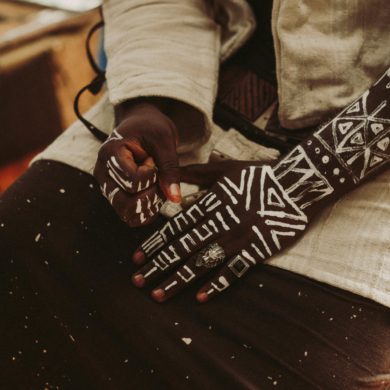Africa continent is known for producing one of the most commonly used types of fabrics in the world ‘Cotton’. Sub-Saharan Africa is one of the largest cotton producers worldwide. There, cotton is almost exclusively grown by smallholder farmers, and there are very few large plantations. The cotton plant loves warmth, and for that reason alone, it does well in the dry or humid savannahs of the continent. Other sustainable fashion materials are hemp, wool, bamboo, and recycled synthetics which can be sourced from all around the world. There are so many fabrics and textile ideas that have a real chance of becoming everyday fabrics; materials that can become alternatives for designers, consumers, and manufacturers.
When the sustainability progression took off worldwide, the fashion industry had to make adjustments with production since its global supply chain broke down due to COVID-19. Although customers were adapting to ‘Green is the new Black’ apparel, retailers suffered a hard slap as they saw stores shutting their doors. For some, filing for bankruptcy is the only option. The pandemic seems to have ignited what could be a permanent shift away from fast fashion toward sustainable fashion, as customers are now shopping for luxury and sustainable garments. Consumers are more drawn to pieces that are well-designed, aesthetically relevant, and guarantee longevity.
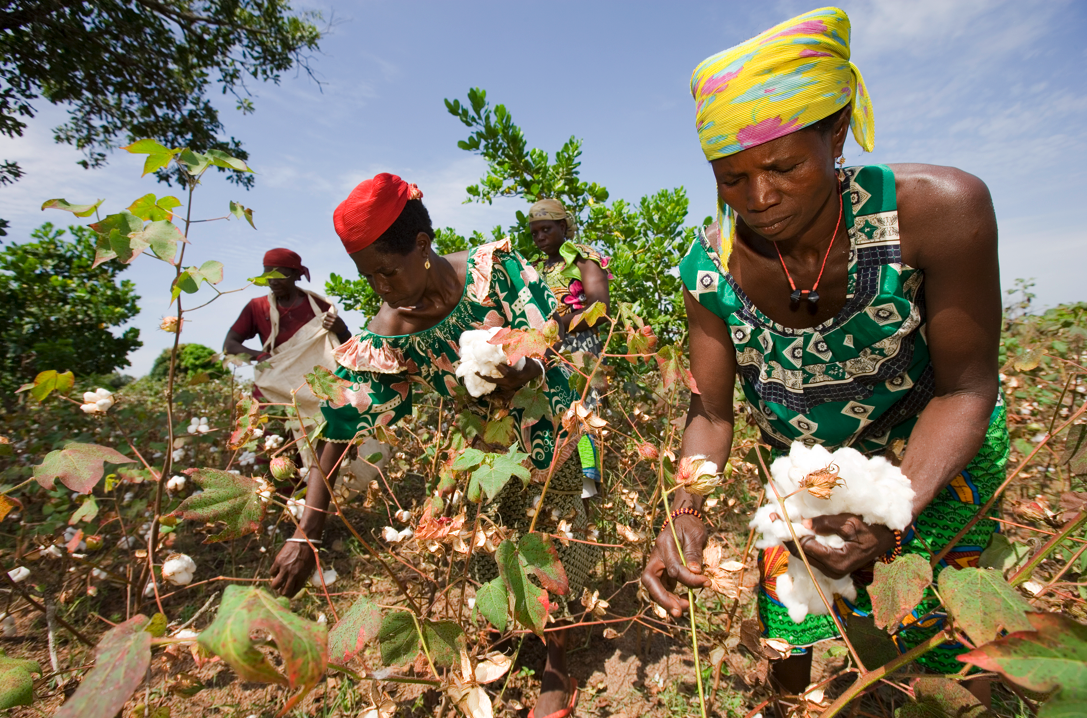
Fashion brands have shifted focus to applying more effort to reduce carbon emissions and incorporate more recycled materials into their collections. The sustainable fashion industry is constantly growing and might take over fast fashion, in the long run of things designers are going to produce more environmentally-friendly collections, Chanel is one of the brands to commit to producing 100% sustainable collections to help the environment.
The future of sustainability in Africa continues through second-hand clothing, the US alone ships a billion pounds of used clothing per year to other countries. According to Oxfam, Africa receives 70% of global secondhand clothes. Second-hand shopping is considered a sustainable or eco-friendly fashion practice. This happens through a complex global supply chain, where donated items that cannot be sold in thrift shops in high-income countries are resold in bulk to commercial textile recyclers. The sales are, in turn, resold to wholesalers across the African continent.
A handful of countries in Africa such as Zimbabwe, Zambia, Kenya, Rwanda, and Ghana – to name a few – no longer want the foreign hand-me-downs dumped on them. Just last month, the Kenyan government lifted its ban on the import of used clothing in an effort to revive the local textile industry. This affects designers building design firms that are forced to compete with street markets, where half the population purchase most of their clothes.
The ban of second-hand clothing, as a starting point, could be beneficial for African designers, by making more room for sustainable brands and designers to gain recognition.
— Unarine Sinwamali
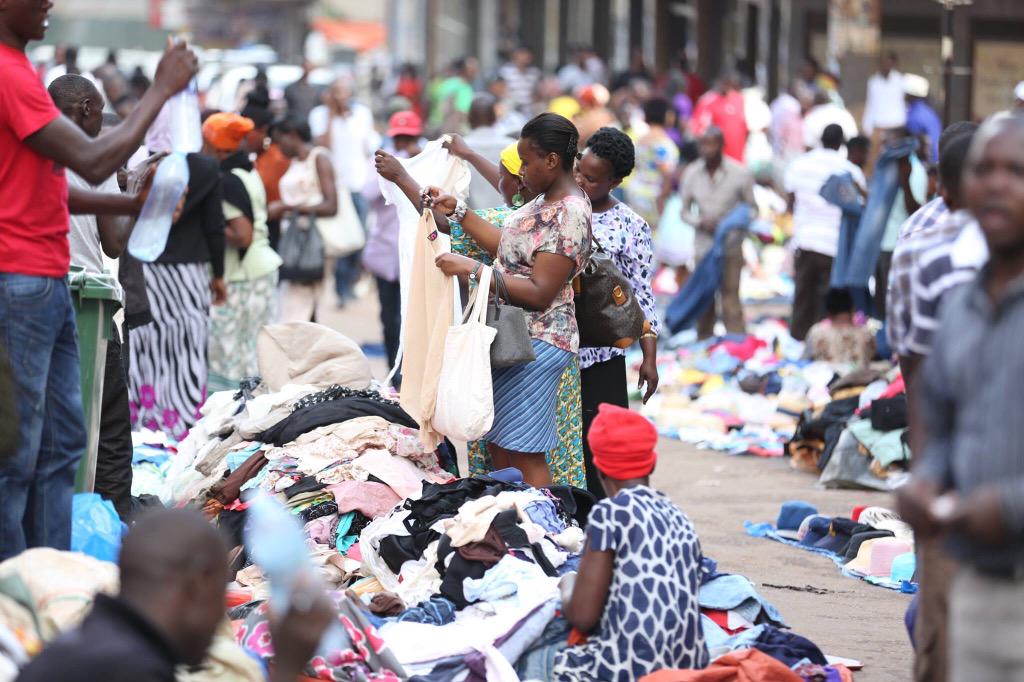
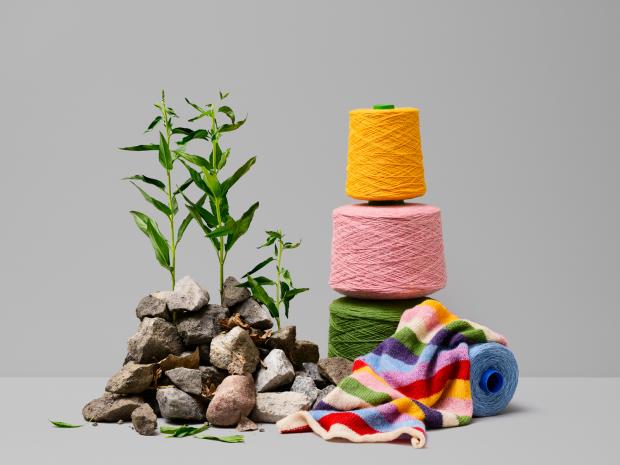
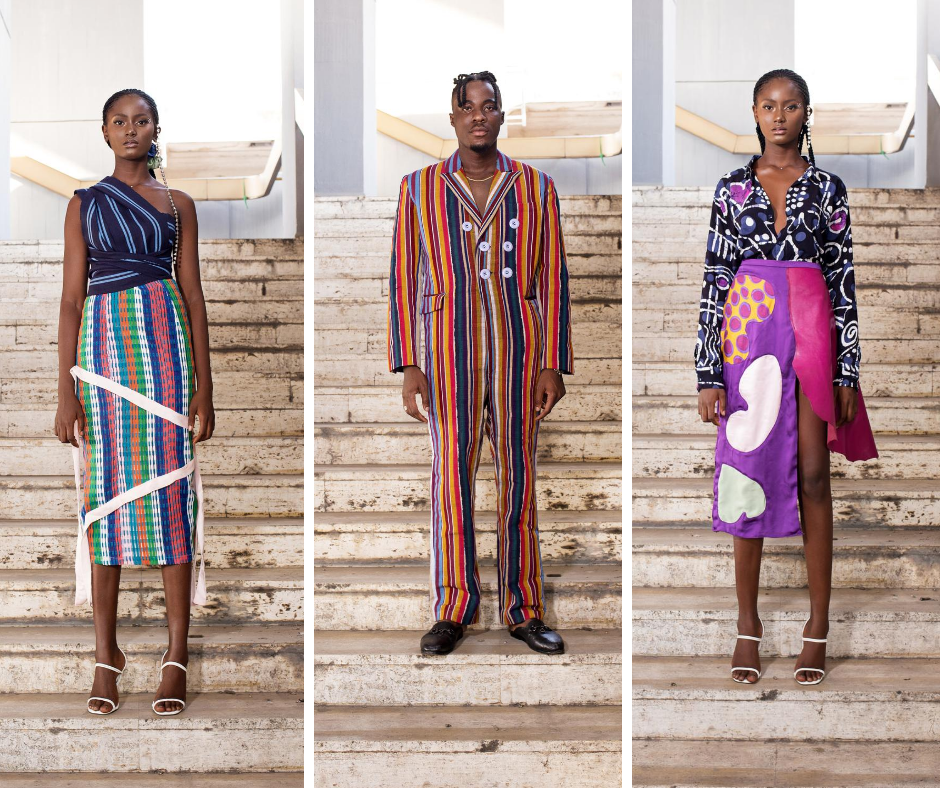
Eco-friendly fashion is in style. Although it took a pandemic for people to fully invest in sustainable practices, it is still a promising development in the fashion industry that should be acknowledged. Style plays a huge role in the expression of significant social, cultural, and economic realities. With so many unique and intriguing brands to choose from, it was only right to share a few of the designers that are leading the afro-sustainability charge.
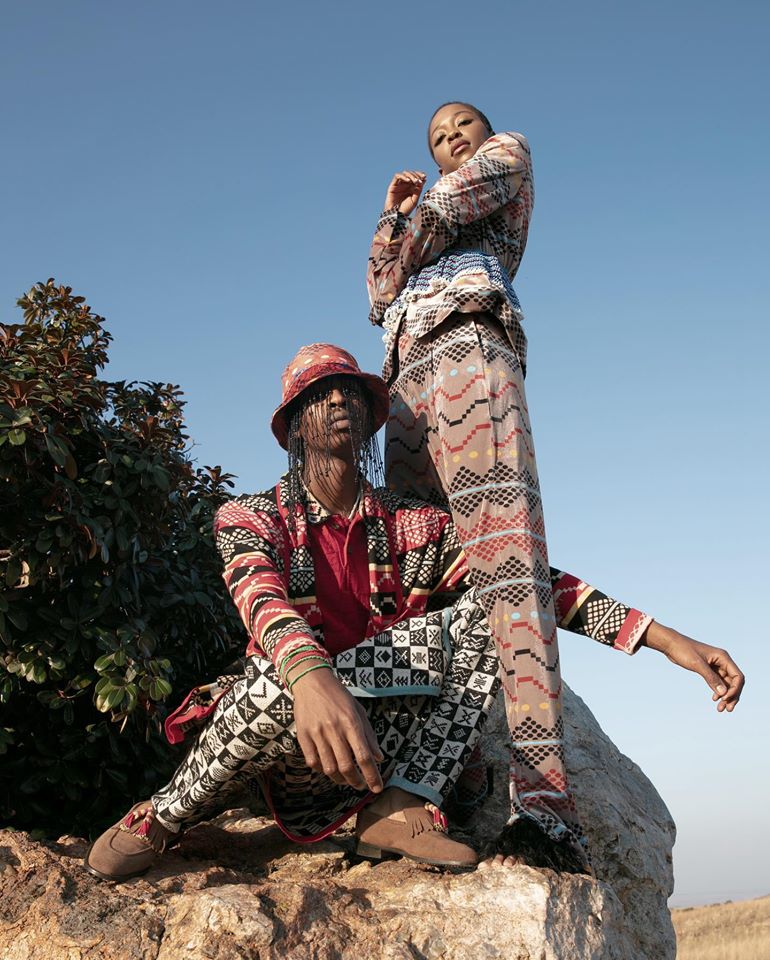
Maxhosa – South Africa
MaXhosa is a legacy of his Xhosa ethnicity. South African wool and mohair are woven into deep symbols and motifs, telling the story of this significant culture through its traditional knitwear attire worn in initiations and rituals. The immense success of MaXhosa locally and internationally inspires authentic expression – which is crucial for shifting the global culture of fashion from appropriation and exploitation toward a true celebration of diversity.
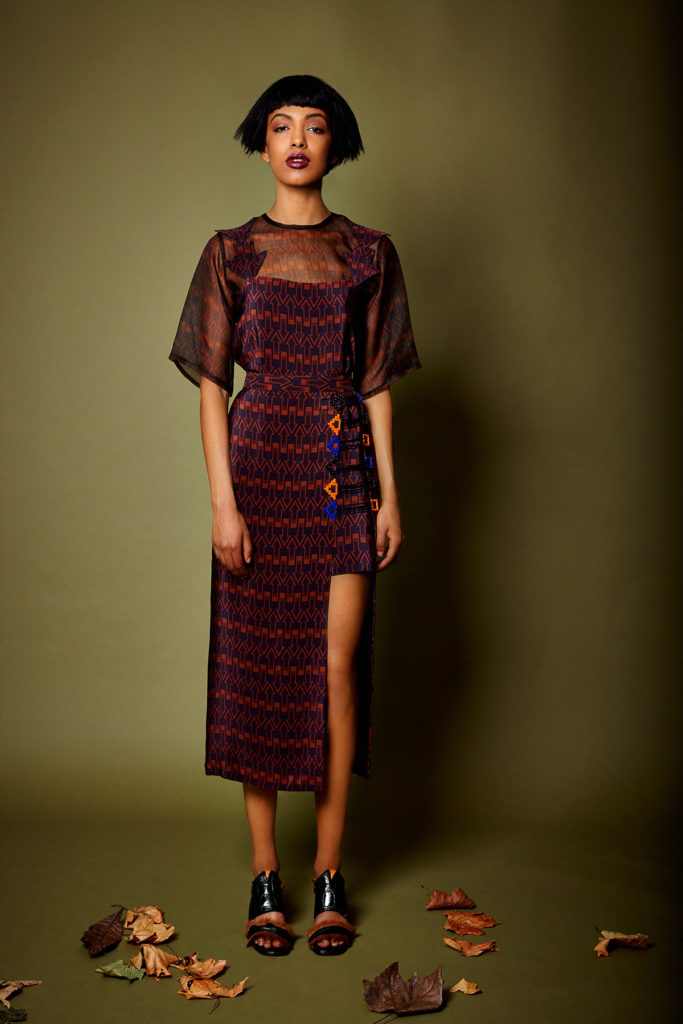
Lisa Folawiyo – Nigeria
Lisa Folawiyo is a well-established sustainable fashion brand within the African fashion landscape famous for being one of the first African designers to take the African Ankara prints (fabric with distinct vibrant patterns associated with African culture) mainstream. Traditional locally-sourced West African fabrics and textiles for world-class designs.
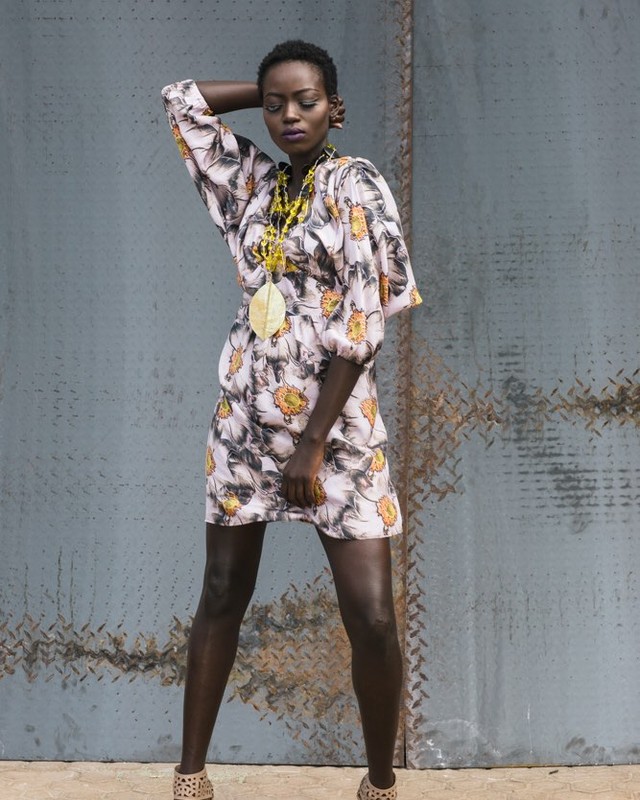
Deepa Dosaja – Kenya
The Deepa Dosaja label embodies beauty with a conscience. the brand only uses natural fabrics such as silk, bamboo, cotton, linens, and is constantly looking for new innovative fabrics which have a low impact on the environment. the team at Deepa Dosaja prides itself on ensuring the highest levels of customer service and quality consciousness.
For years, discourse on ethical fashion and sustainability in Africa for years has been underrated. Partly due to how the fast-fashion alters consumer buying habits, leaving designers with a constant challenge to compete in a billion-dollar industry. There is very little knowledge being shared with the world on sustainable fashion in Africa, Afro-futurism has picked up and has found its feet in the fashion industry.
Africans still have to be educated on the concept and vision of what is sustainable in fashion. The more information that’s available, the easier it is for people to get on board and understand where sustainable fashion has come from—and how to incorporate it into tradition and their futures. The ban of second-hand clothing, as a starting point, could be beneficial for African designers, by making more room for sustainable brands and designers to gain recognition.

